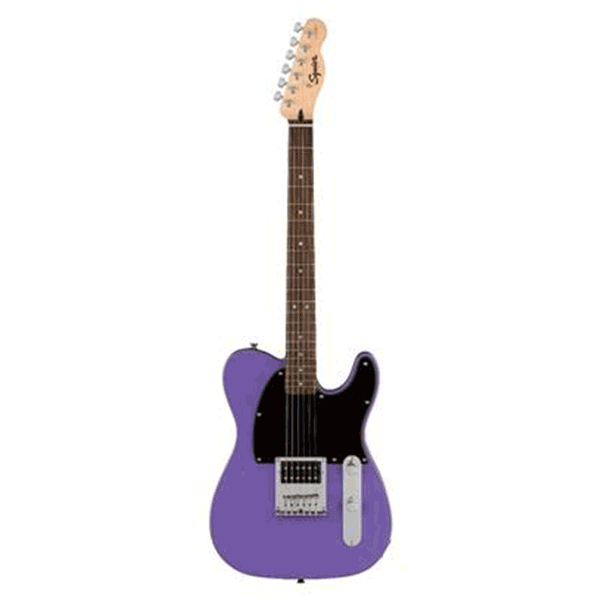Digital vs. Acoustic Pianos: It's More Than Just Sound
Choosing between a digital and an acoustic piano involves more than just comparing sound; it's about the entire playing experience.
The Action and Touch: Feeling the Difference
The feel of a piano's keys, known as the action, significantly impacts the playing experience. Acoustic pianos use hammers that strike strings, offering nuanced feedback that digital sensors often can't replicate. This mechanism provides a tactile sensation known as 'escapement,' where the key feels lighter after the hammer is released.
Digital pianos, while advanced, often simulate this action through weighted keys but lack the intricate feedback system of an acoustic. Key weighting also varies; acoustic pianos naturally have heavier keys in the lower registers and lighter keys in the higher registers, while digital pianos may mimic this but not always with the same authenticity.
Sound Generation: More Than Just Notes
Acoustic pianos generate sound through the physical vibration of strings and the resonance of the soundboard. When a hammer strikes a string, it creates a rich, complex tone that evolves as the soundboard and strings interact. This acoustic resonance includes sympathetic resonance, where non-struck strings vibrate in sympathy with the struck ones, adding depth and complexity to the sound.
Digital pianos, on the other hand, rely on high-quality samples or advanced modeling to recreate these sounds. While modern digital pianos produce impressive audio through speakers, they often lack the organic resonance and complexity found in an acoustic instrument. The result is a difference not just in sound quality, but in how the sound feels to the player.
The Physical Connection: Playing from the Heart
Playing an acoustic piano offers a unique physical connection to the instrument. The act of pressing a key and feeling the hammer strike the string creates an intimate bond between the player and the piano. This connection can be deeply satisfying and inspiring, often leading to a more expressive performance.
Digital pianos, while convenient and feature-rich, can sometimes feel more like an interface than an instrument. The absence of mechanical feedback and the reliance on electronic sound production can make the playing experience feel less organic. For many pianists, this physical connection is a significant factor in their preference for acoustic pianos.
Longevity and Investment: A Piano for Life
An acoustic piano is not just an instrument; it's a long-term investment. High-quality acoustic pianos can last for decades, and some even appreciate in value over time. They can be passed down through generations, becoming cherished family heirlooms.
Digital pianos, while often more affordable initially, are subject to the rapid pace of technological advancement. They may become outdated as new models with improved features are released. While they offer excellent value and convenience, they typically don't hold their value as well as acoustic pianos.
Which Piano is Right for You?
Choosing between a digital and an acoustic piano depends on your needs and preferences. If you value silent practice, portability, and additional features like recording and connectivity, a digital piano might be the right choice for you.
However, if you seek the ultimate playing experience with authentic touch, rich sound, and long-term investment value, an acoustic piano is unparalleled. Ultimately, the best way to decide is to experience both types side-by-side. Schedule a visit to compare digital and acoustic pianos at West Music.


